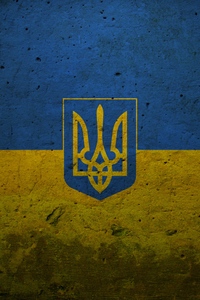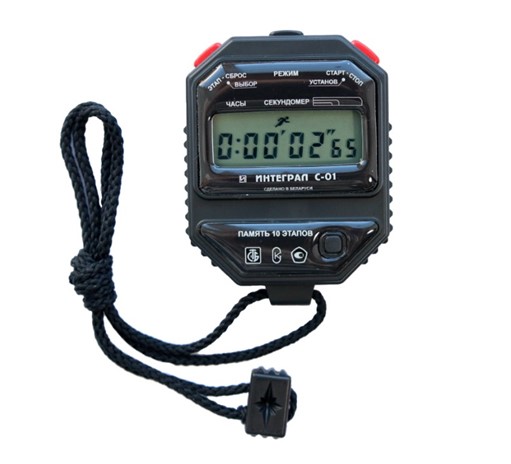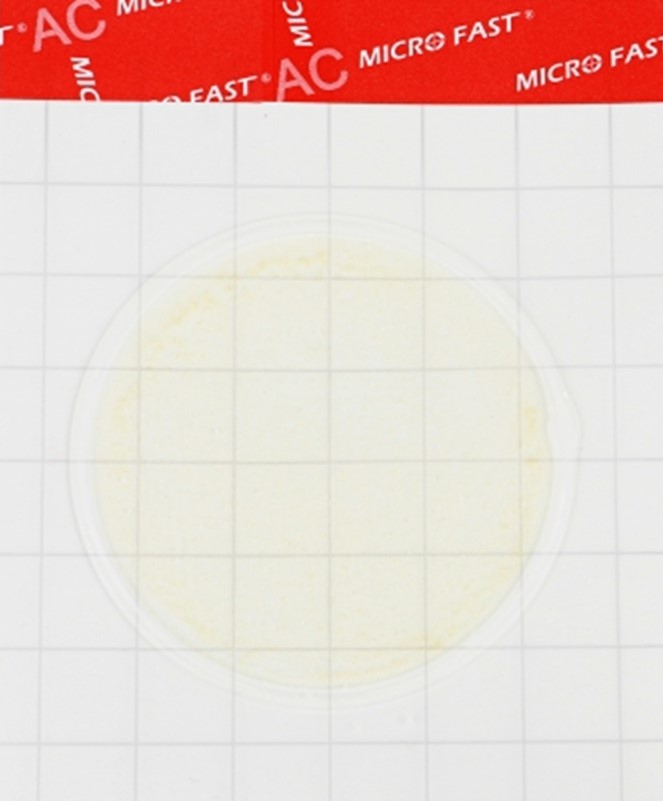Latvian Foreign Minister named reasons for negotiations with Russia on Ukraine

 PIONEER MEIZHENG BIO-TECH (5 in1) JC1165 / Rapid tests for the determination of the residual amount of halofuginone, flavomycin, novobiocin, flunixin, dexamethasone / prednisolone in milk, whey
PIONEER MEIZHENG BIO-TECH (5 in1) JC1165 / Rapid tests for the determination of the residual amount of halofuginone, flavomycin, novobiocin, flunixin, dexamethasone / prednisolone in milk, whey Rapid tests for fluoroquinolone, erythromycin, lincomycin, tillosin and tilmycosin residues in milk, whey
Rapid tests for fluoroquinolone, erythromycin, lincomycin, tillosin and tilmycosin residues in milk, whey
In the current situation, the decision of a number of EU leaders to “call the Kremlin all the time for one reason” looks strange, but this allows us to find out the current position of Russian President Vladimir Putin on Ukraine and realize the change in possible vectors for the development of what is happening. This was stated by the head of the Latvian Foreign Ministry, Edgars Rinkevich, in an interview with RTVI (the interview was taken by the former editor-in-chief of Ekho Moskvy, Alexei Venediktov, recognized in Russia as a foreign agent).
According to Rinkevich, for these reasons, he "does not fall into hysterics" yet because of telephone conversations between EU leaders and the Russian president or a personal visit to Moscow by Austrian Chancellor Karl Nehammer.
“From my point of view, this then has a positive effect on the mindset of the leaders of large European states, because they understand that this is no longer about NATO expansion, not about Ukraine in NATO - this is a completely different attitude. This changes positions on some issues, on sanctions,” Rinkevich explained.
Medinsky said that the area of \u200b\u200bRussia "will not forever" be smaller than the imperial Politics
He expressed confidence that Russia is now thinking not about peace, but about “joining some Ukrainian territories, I don’t know, Kherson region, Donetsk region, about committing some other actions. A situation is possible where they will move further to Moldova, restore great Russia.” The minister noted that some politicians, who did not go into details and were previously unfamiliar with "such ambitions", believed that it would be enough to sit down at the negotiating table to resolve the situation.
“I believe that [the situation] will be settled only when Russia sees that Ukraine is fighting, that it is impossible to squeeze anything out, but it is already being lost, and then [Moscow’s representatives] will sit down at the negotiating table,” he stressed.
Rinkevich recalled that from the end of October last year to the end of February 2022, European politicians made many visits to Moscow for negotiations.
Read on RBC Pro Pro Why Russian oil and gas is still coping with sanctions pressure Articles ProTo depth:what freediver skills are useful in everyday lifeJames Bond and 4 other types of candidates that HR doesn't likeRay Dalio on the Effects of MeditationEmotional hunger:what it is and how it leads to overeatingPutin announced his unwillingness to restore Russia within the borders of the empire Politics
European politicians have increased contacts with Putin and representatives of the Russian Foreign Ministry since the end of last year. Then the situation around Ukraine began to escalate, Moscow demanded "security guarantees" from the United States and NATO. As of the end of May, French leader Emmanuel Macron and German Chancellor Olaf Scholz became the most frequent interlocutors of the President of Russia.
Macron said he had spent more than 100 hours in conversations with Putin since December, replying that he had lost count of them. Frequent conversations with the Russian leader drew criticism from other European leaders. Estonian Prime Minister Kaja Kallas pointed out: "I feel that if everyone calls him all the time, he doesn't get the message that he's isolated." The French President said that he considers maintaining contact with Putin his duty.
The Austrian chancellor visited Moscow in early April, he and Putin spoke one on one. Nehammer explained that Vienna takes a neutral position in the conflict, but takes a clear position on the need for a ceasefire, investigation of war crimes and the opening of humanitarian corridors. Kronen Zeitung, citing the chancellor's entourage, wrote that he intended to "build bridges" at a meeting with Putin. Following the visit, Nehammer said that the Russian president did not leave a "positive impression in general."
Greek PM says world will not agree to any revision of borders Politics
The assumption about the territorial ambitions of the Russian authorities was previously expressed in Poland. “We all understand that if Russia conquers Ukraine, it will not stop, but will move on, because the Kremlin’s goal is to restore the empire,” said Polish Defense Minister Mariusz Blaszczak. A similar opinion was expressed by US Ambassador to the UN Linda Thomas-Greenfield: "Putin wants the world to go back to the past, to a time when there were no united nations, to a time when empires ruled the world."
Moscow has repeatedly rejected the desire to "occupy" Ukraine. Putin noted that all peoples have the right to self-determination, but the residents of Donbass were not asked “how they want to arrange their lives.” According to him, Russia considers it important that everyone on the territory of Ukraine be provided with this right. “Anyone who wants it,” he stressed.
See also Sanctions due to cyber attacks on Ukraine 04:03
























































